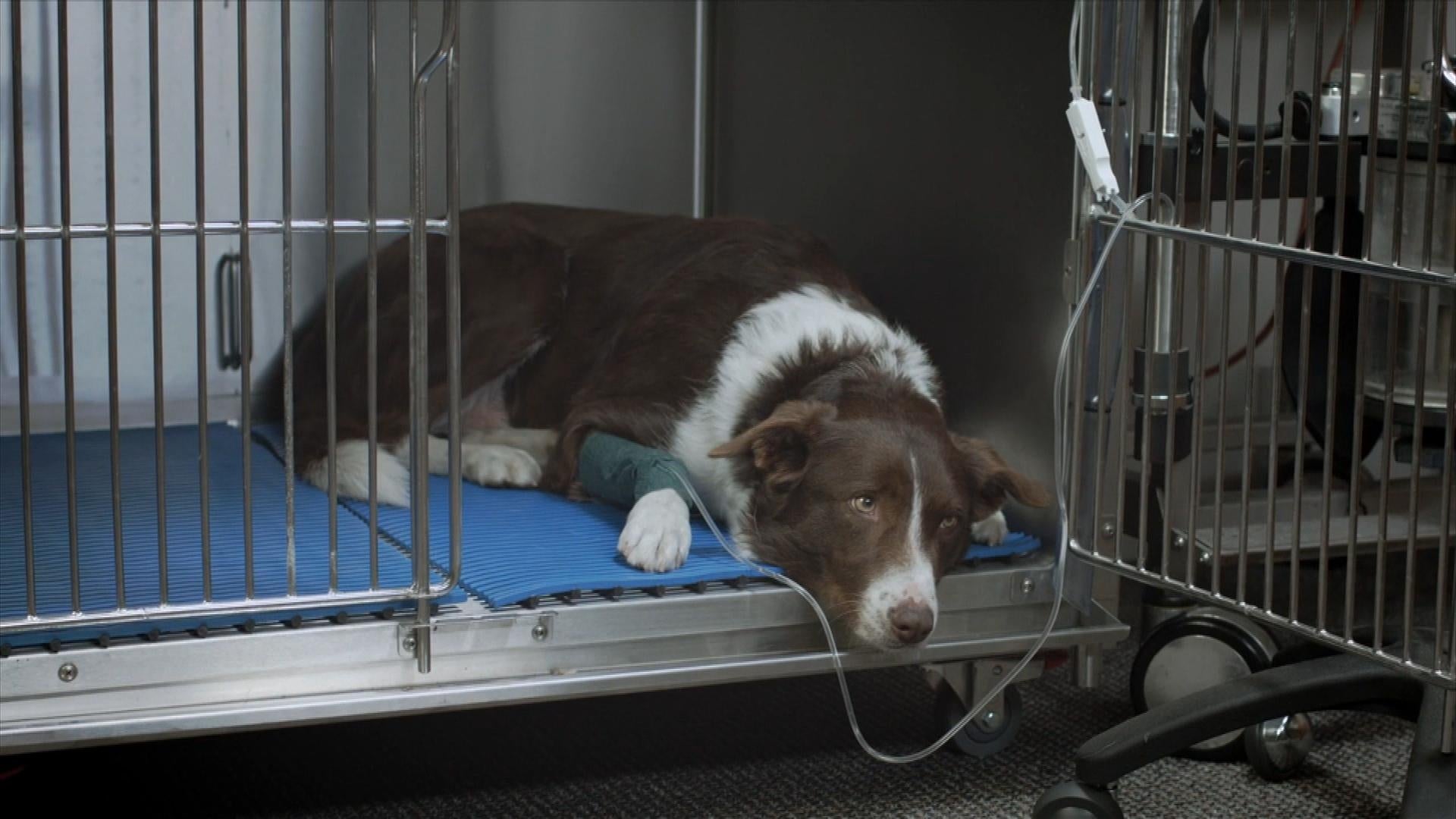
After an unknown virus recently infected and killed scores of canines in the state of Michigan, pet owners there wrestled with terror. However, local authorities have now determined who is to blame for the terrifying incident.
According to a story in the New York Post, the Michigan Department of Agriculture and Rural Development said on Friday that canine parvovirus was to blame for the area’s abrupt pet animal deaths.
Despite initial tests being negative for the virus, at least 30 dogs had been ill

State Veterinarian Nora Wineland said in a statement received by the news source that “Canine parvovirus is a severe and highly contagious disease in dogs, but the Michigan Department of Agriculture and Rural Development and veterinary professionals have extensive experience with this virus.”
The news came shortly after one animal shelter in Otsego County revealed that despite initial tests being negative for the virus, at least 30 dogs had been ill.
Symptoms of Canine parvovirus
The oral-fecal pathway is how the virus travels through feces. This indicates that a dog may become infected after consuming feces from an infected dog. Symptoms of the illness include lethargy, diarrhea, and appetite loss.
In light of a possible outbreak in the area, Wineland urged dog owners to vaccinate their pets. She said those who are only partially immunized run the risk of contracting the illness.
“We have a highly effective vaccine available to help protect dogs from the virus. Dog owners across Michigan must work closely with their veterinarians to ensure their dogs are appropriately vaccinated and given timely boosters to keep their pets safe and healthy,” she added.
Humans or other domestic animal species cannot contract canine parvovirus
The curious thing about the latest illnesses is that point-of-care parvovirus testing conducted in clinics and shelters on the dogs came back negative. Director of the Michigan State University Veterinary Diagnostic Laboratory Kim Dodd described the situation as “complex” as a result of this.
Officials from the state emphasized that pet owners shouldn’t worry about themselves because humans or other domestic animal species cannot contract canine parvovirus.
